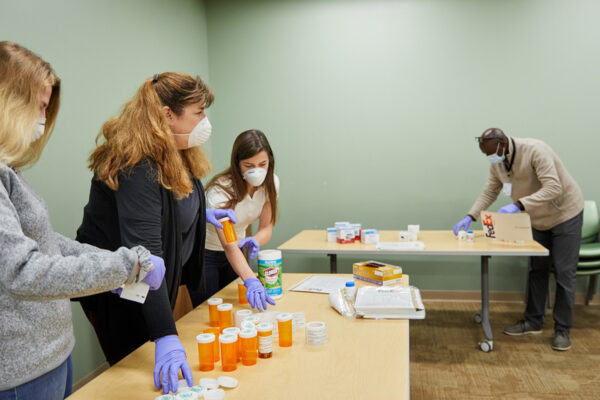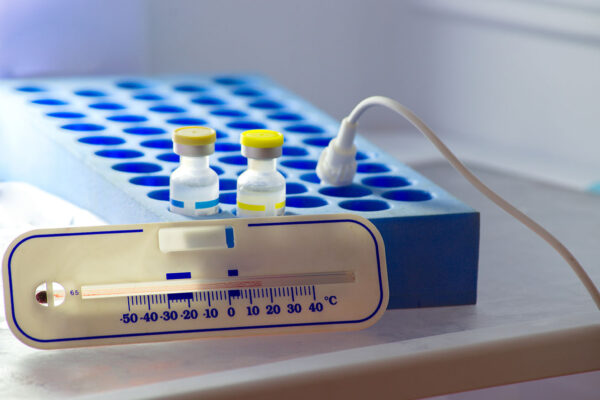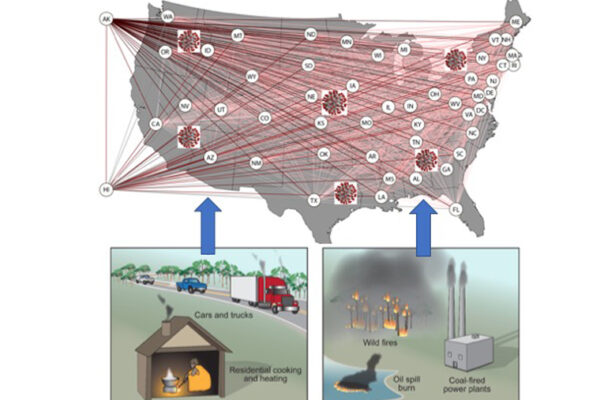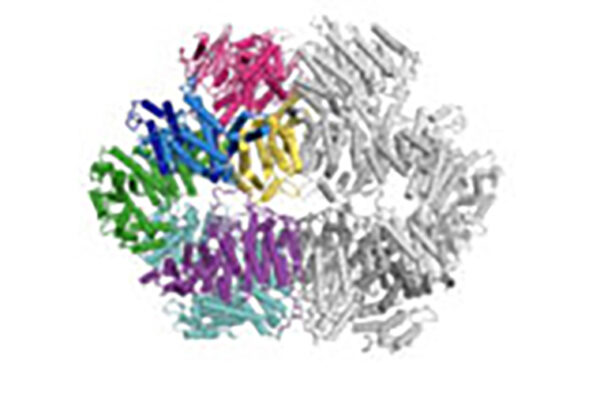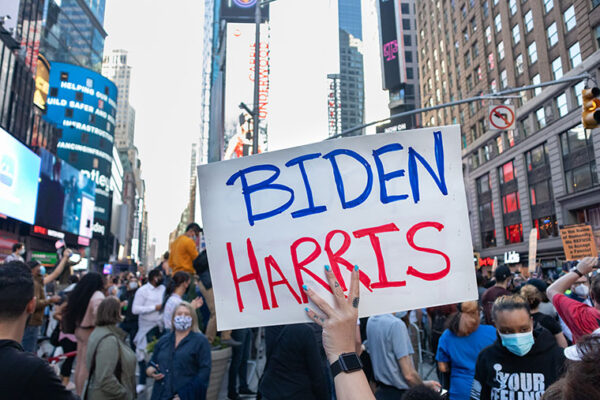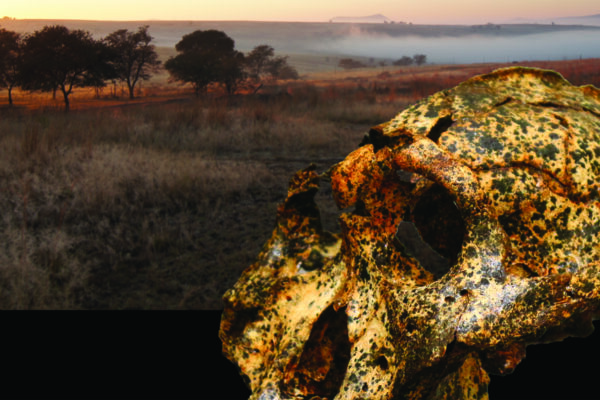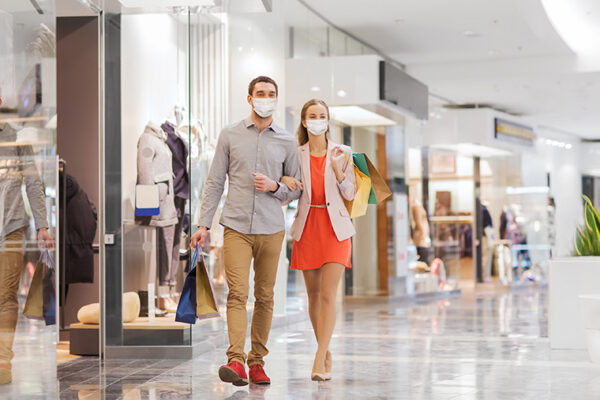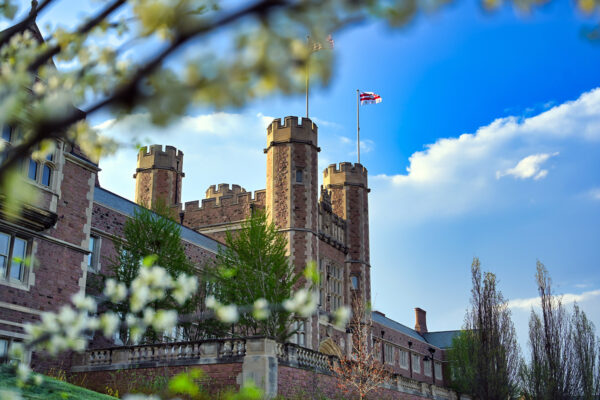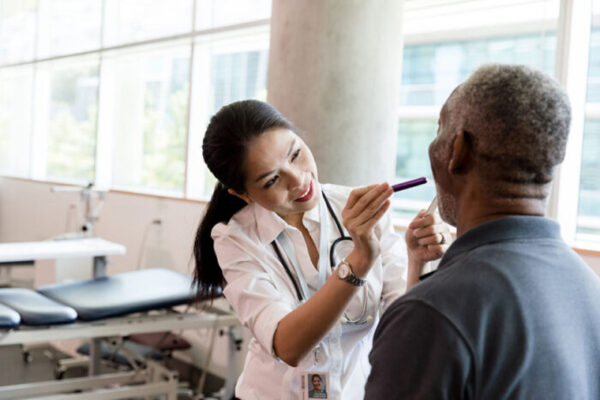Fluvoxamine may prevent serious illness in COVID-19 patients
Researchers at Washington University School of Medicine have found that the drug fluvoxamine may help prevent deterioration in COVID-19 patients, making hospitalization less likely.
The vexing vax supply chain
The cold, hard fact is: Pfizer blazed a trail in creating a touted COVID-19 vaccine, but now it must help to equally pioneer an unprecedented way to distribute the drug across the United States and the globe, says a supply chain expert at Washington University in St. Louis.
Pollution and pandemics: A dangerous mix
Research from the lab of Rajan Chakrabarty in the McKelvey School of Engineering at Washington University in St. Louis has found a close relationship between certain pollutants and the spread of COVID-19 through the United States.
Making cancer cells more susceptible to dying
Cancer cells can survive even after being hit with high doses of chemotherapy or radiation, but a School of Medicine team working to make treatment more effective is focusing on ways to tweak the inner machinery of cancer cells to make them more susceptible to dying.
The Electoral College
On Nov. 7, Joe Biden was declared the winner in Pennsylvania, making him president-elect of the United States. Yet it had been clear since Americans went to the polls Nov. 3 that Biden would win the popular vote. The days of uncertainty and drama were entirely due to the arcane and archaic mechanics of the Electoral College, says Rachel Brown, an assistant professor at Washington University in St. Louis.
The historic 2020 election, and what’s next
After the contentious 2020 presidential election, Washington University in St. Louis faculty experts offer their predictions and perspectives on the legal battle ensuing, the election process, the transition of power and the future for both President-elect Joe Biden’s administration and President Donald Trump’s.
How a human cousin adapted to a changing climate
A fossil discovery in South Africa suggests that P. robustus evolved rapidly during a turbulent period of local climate change about 2 million years ago, resulting in anatomical changes that previously were attributed to sex. An international research team including anthropologists at Washington University in St. Louis reported their discovery in Nature Ecology & Evolution on Nov. 9.
Masks don’t just save lives, they also boost economy
The economy and coronavirus pandemic were two of the top issues for voters in the 2020 election, according to exit poll surveys. Notably, 52% of voters said controlling the pandemic was more important, even if it hurts the economy. But what if we didn’t have to choose?
Board of Trustees grants faculty appointments, promotions
At the Washington University in St. Louis Board of Trustees meeting Oct. 2, several faculty members were appointed or promoted with tenure or granted tenure, with most taking effect that day.
Improving emergency care for people with dementia is focus of new grant
Washington University School of Medicine is one of four institutions to receive a National Institutes of Health (NIH) grant to study how to improve emergency care for adults with dementia. For the project, experts in emergency medicine, geriatrics and dementia will identify and address gaps in emergency care.
View More Stories
